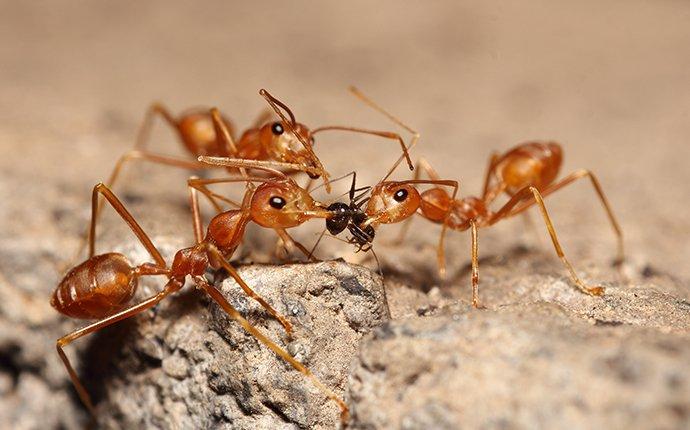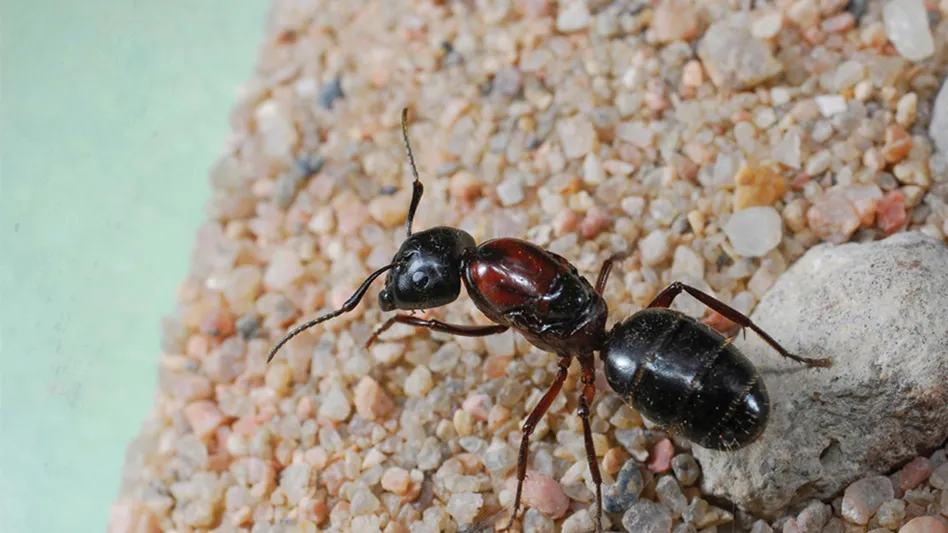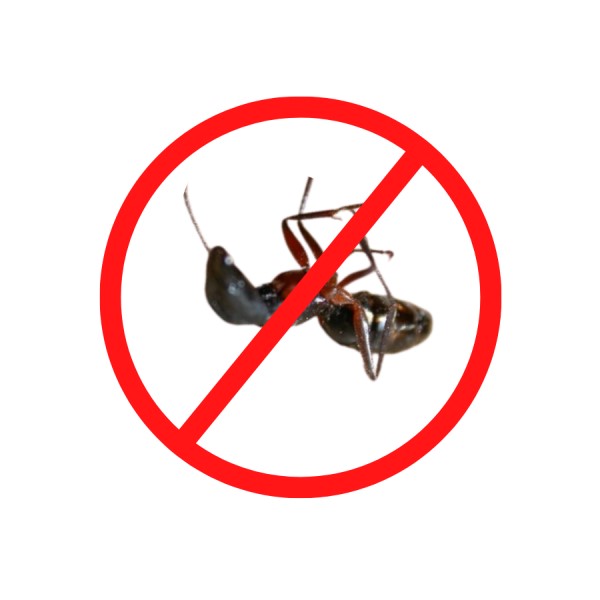Premier Termite Control Services: Make Sure Long-Term Protection for Your Property
Premier Termite Control Services: Make Sure Long-Term Protection for Your Property
Blog Article
Environmental Impact of Parasite Control: Balancing Efficiency With Sustainability
The environmental impact of bug control is an essential problem that requires a fragile equilibrium between attaining efficiency in taking care of insects and making certain sustainability of our ecological communities. From the usage of unsafe chemicals that permeate into our dirt and water to the unexpected repercussions on non-target varieties, the consequences of conventional pest control techniques are far-reaching.
Unsafe Chemicals in Bug Control
The use of unsafe chemicals in bug control postures considerable ecological and wellness risks that require cautious factor to consider and reduction strategies. Insecticides, chemicals, and herbicides are commonly used to eliminate bugs, however their prevalent application can result in unintentional effects. These chemicals can pollute soil, water sources, and the air, influencing not only the targeted bugs but also advantageous insects, wild animals, and humans.

To deal with these threats, integrated bug monitoring (IPM) strategies are being promoted as an extra lasting option. IPM includes a combination of methods such as organic control, habitat manipulation, and the targeted use chemicals as a last resource (ant control clemmons nc). By adopting an alternative approach to pest control, we can decrease the ecological and wellness impacts connected with dangerous chemicals while effectively taking care of pest populaces
Influence On Non-Target Variety
Taking into consideration the unexpected repercussions of insect control approaches, the effect on non-target varieties is an important facet that needs comprehensive assessment. While bug control actions intend to target specific insects, various other organisms in the ecological community might be inadvertently influenced. Non-target species, consisting of advantageous pests, birds, mammals, and even plants, can experience straight or indirect injury from pesticide applications or biological control approaches.
Chemicals can have dangerous or sub-lethal impacts on non-target types. Pesticides designed to deal with a certain bug bug might harm pollinators like or natural killers such as ladybugs. Furthermore, chemical deposits can accumulate in the environment, affecting non-target microorganisms over time. Biological control representatives, if not species-specific, can pose risks to unintended targets, disrupting the environmental balance.
To reduce the influence on non-target species, incorporated bug management (IPM) strategies that stress an all natural method to pest control are suggested. These approaches focus on the usage of eco-friendly practices, decreasing harm to valuable organisms while successfully taking care of pest populations. Carrying out comprehensive danger analyses and monitoring the results of insect control initiatives are necessary actions in safeguarding non-target types and promoting general community health and wellness.
Soil and Water Contamination
Unintentional ecological repercussions of parasite control approaches extend beyond affecting non-target varieties, with substantial ramifications for dirt and water contamination - termite control. Pesticides, herbicides, and chemical fertilizers made use of in bug control can leach into the soil and pollute groundwater, positioning a threat to both terrestrial and water environments.
Water contamination is another vital problem linked with bug control methods. Drainage from farming areas treated with chemicals can carry these chemicals right into neighboring water bodies, affecting marine organisms and water top quality. Impurities in water sources can have far-ranging effects, affecting not just water life yet additionally human health through the consumption of infected water or aquatic organisms. To mitigate soil and water contamination from insect control activities, incorporated insect monitoring techniques that focus on sustainability and minimize chemical inputs are essential.
Air Air Pollution From Chemical Usage
Exposure to air-borne chemicals throughout farming applications presents a significant issue for air contamination control actions. Furthermore, chemical drift, where pesticides are lugged by the wind to unexpected areas, can lead to the contamination of nearby ecosystems and water bodies.

Methods for Lasting Bug Control
In the realm of agricultural techniques, carrying out lasting parasite control strategies is vital for keeping ecological equilibrium and guarding plant yields. Lasting parasite control stresses using ecologically pleasant approaches to handle bug populations successfully while decreasing injury to non-target microorganisms and environments. Integrated Pest Monitoring (IPM) is an extensively adopted strategy that integrates organic, social, physical, and chemical control approaches to attain long-lasting bug administration services.
Plant turning and diversification are additionally efficient strategies to interrupt pest life cycles and create less positive problems for pests to grow. Inevitably, by integrating these lasting parasite control methods, farmers can achieve an equilibrium in between pest management efficiency and environmental stewardship.
Conclusion
To conclude, the ecological impact of insect control methods need to be meticulously considered to stabilize performance with sustainability. Damaging chemicals made use of in insect control can result in dirt and water contamination, air pollution, and damage non-target varieties - termite control services. It is essential to carry out sustainable bug control approaches to reduce these negative results on the setting and promote a healthier ecological community for future generations
By adopting a holistic technique to pest control, we can lessen the ecological and health and wellness effects linked with harmful chemicals while properly taking care of pest populations.

To minimize the air contamination caused by chemical use, it is important to adopt integrated pest administration strategies that prioritize the usage of non-chemical pest control methods, such as crop turning, natural predators, and resistant crop selections. Lasting bug control highlights the use of ecologically friendly approaches to manage parasite populaces successfully while reducing damage to non-target organisms and ecological communities. Integrated Parasite Administration (IPM) is a commonly embraced method that combines organic, cultural, physical, and chemical control methods to accomplish lasting bug his explanation management options.
Report this page